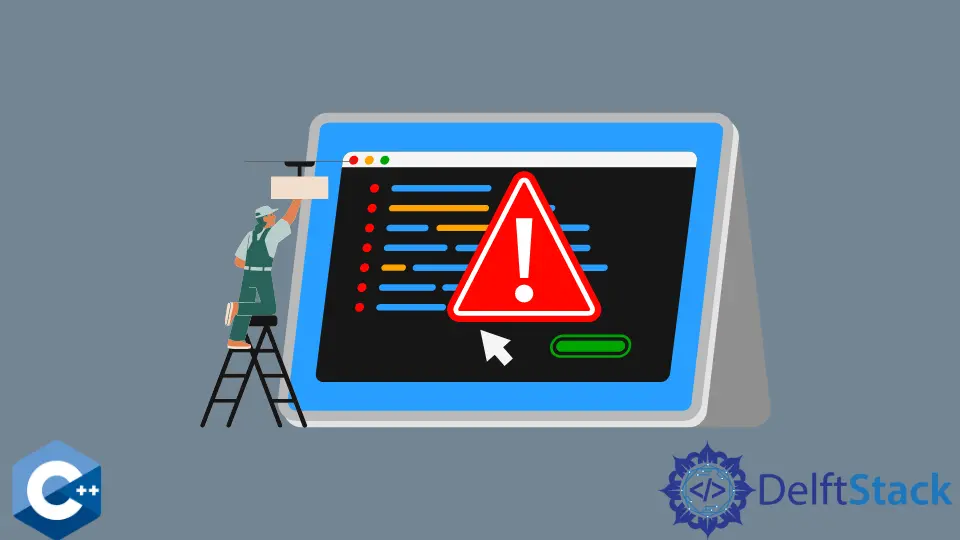How to Catch All Exceptions in C++

C++ is a powerful general-purpose programming language that is statically typed, free-form, multi-paradigm, compiled language. C++ has created many programs and applications, including the Windows OS.
In C++ 11, we use the new current exception mechanism to catch all exceptions. This article will detail how all the exceptions are handled in C++.
Let’s start with the introduction of exception handling.
Exception Handling in C++
Exception handling is a mechanism used in programming languages to deal with errors and exceptions. C++ provides a rich set of exception handling features, including catching or ignoring specific types of exceptions and using destructors for cleanup.
It helps programmers avoid common errors like buffer overruns and memory leaks, which generally cause programs to crash or behave erratically. Exception handling also makes it easier for programmers to deal with error-prone code by encapsulating it in exception-handling code that can be tested separately and then simply disabled if the programmer wishes.
Exception handling enables programmers to write robust programs that can handle unforeseen situations without crashing and recover from them when they happen.
Exception handling can be either synchronous or asynchronous.
A synchronous exception is generated when a problem in the code can be handled without interrupting the program’s execution. Synchronous exceptions are also referred to as checked exceptions.
On the other hand, an asynchronous exception is generated when there is a problem in the code that cannot be handled without interruption of the program’s execution. Asynchronous exceptions are also referred to as unchecked exceptions.
Catch All Exceptions in C++
The new current exception mechanism is a way to catch all exceptions in C++; it was introduced in C++11. It is an alternative to the old-fashioned technique of catching only some exceptions with try-catch blocks.
This new method has some features that make it preferable to the old one.
The old way was to use the throw keyword to throw an exception and catch it with a try-catch block. The new way is to use the throw keyword followed by a list of types of exceptions that we want to catch.
It can be used with any exception type, not just std::exception, as long as you have a way to store and pass around an object representing the exception type.
Moreover, the new system also allows you to specify any number of functions that can catch different types of exceptions. Unlike the old system, it does not require using a separate function for each exception type.
Steps to Catch All the Exceptions in C++
The following steps are needed to catch all the exceptions in C++:
-
Declare a class to be used as the exception handler.
-
Define what exceptions should be caught by this handler.
-
Have the main function call the new C++11 exception mechanism with an instance of the class used to catch exceptions.
-
Write the code that can throw an exception and make sure the current exception mechanism catches it.
The new C++11 exception mechanism makes it easier for programmers to make sure they are catching all possible runtime errors in their code without having to manually write try-catch blocks for each one of them.
Let’s see an example of the try-catch statement.
#include <iostream>
using namespace std;
int main() {
try {
throw 5;
} catch (char *hello) {
cout << "Just a Demo of C++11" << hello;
} catch (...) {
cout << "Stop Here\n";
}
return 0;
}
Click here to check the live demonstration of the above code.
Muhammad Adil is a seasoned programmer and writer who has experience in various fields. He has been programming for over 5 years and have always loved the thrill of solving complex problems. He has skilled in PHP, Python, C++, Java, JavaScript, Ruby on Rails, AngularJS, ReactJS, HTML5 and CSS3. He enjoys putting his experience and knowledge into words.
Facebook